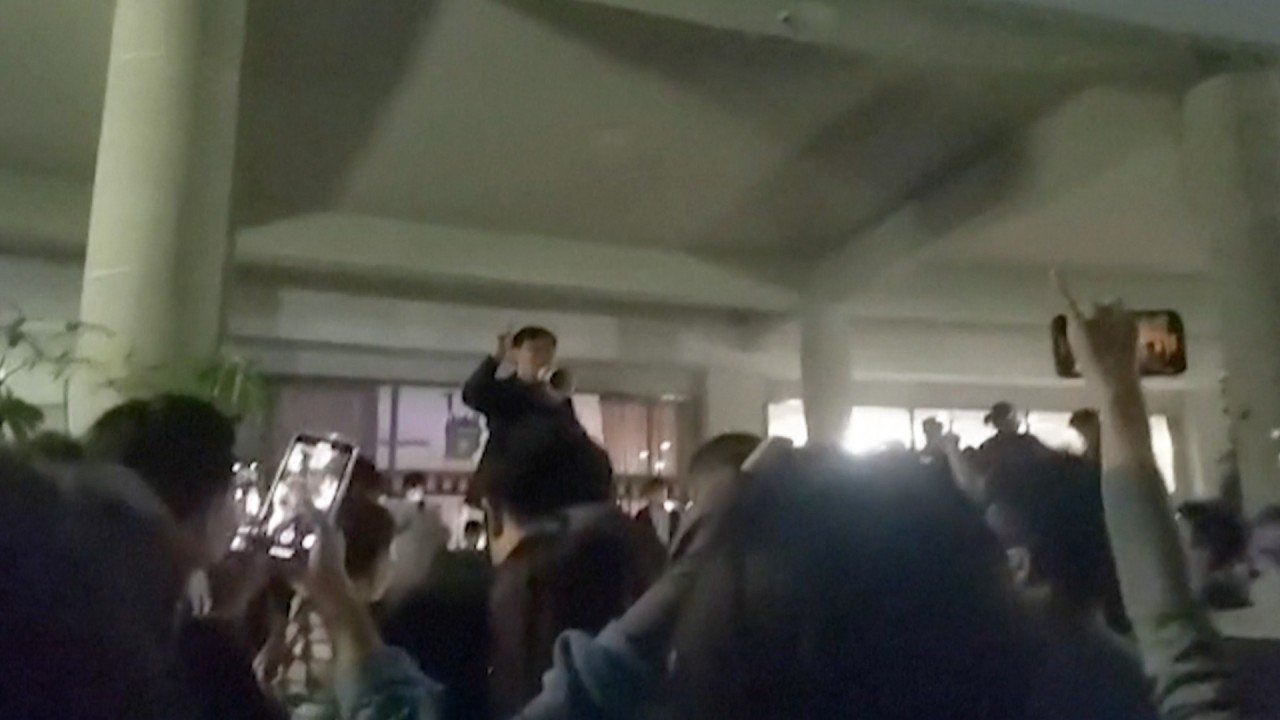
Amid Shanghai lockdown and economic woes, how can Hong Kong best help China?
- Hong Kong has avoided the kind of strict lockdowns that have disrupted lives across the mainland and dealt a heavy blow to China’s economy
- Given the mainland’s struggles, Hong Kong’s role as an intermediary between China and the West could be one of the best assets for the country
We are fortunate that, while our health minister once casually floated the idea of a lockdown for the city on the radio, Lam ruled it out. Having been battered by previous waves of Covid-19, and given the city’s cramped living spaces, our response to a “wholesale lockdown” may well have been unimaginable.
That survey was conducted between December 2020 and February 2021 during the city’s fourth wave, and researchers warned that the situation could be much worse after the fifth wave. The mental health crisis facing the city should be a lesson for our compatriots and policymakers across the border.
Covid-19 has claimed far too many lives across the world. The toll of controlling the spread of the virus is massive – the stricter the measures, the more taxing it is for those who have to live with the restrictions and uncertainties. Even so, little can be done to contain the growing frustration of residents and communities, while the outrage sparked by their difficulties is contagious, too.
They weren’t staging protests over lofty idealism. Like the students at Beijing Normal University, they simply wanted to know the arrangements for normal student affairs, like how and when their final exams would take place and whether they could go home after they had finished them.
These are all reasons for us to be concerned. How much are we willing to sacrifice for borders with the mainland to reopen? Adopting the same strict measures seems even more out of the question now.
Hong Kong must now consider whether there is a post-Covid-19 intermediary role to be played between the mainland and the rest of the world. It is a role that, at one point, had become obsolete, but that could now prove to be one of the best resources for the country.
Alice Wu is a political consultant and a former associate director of the Asia Pacific Media Network at UCLA


